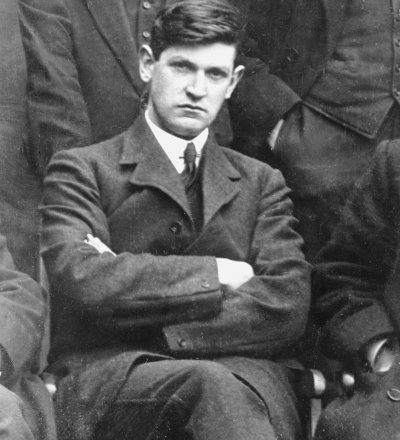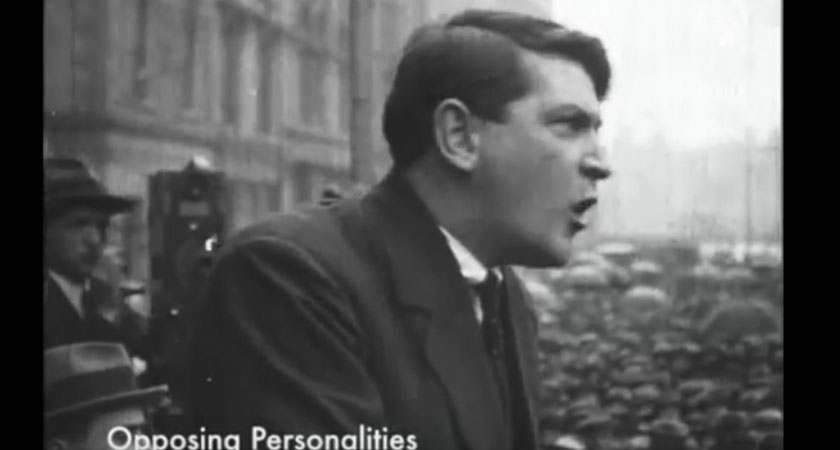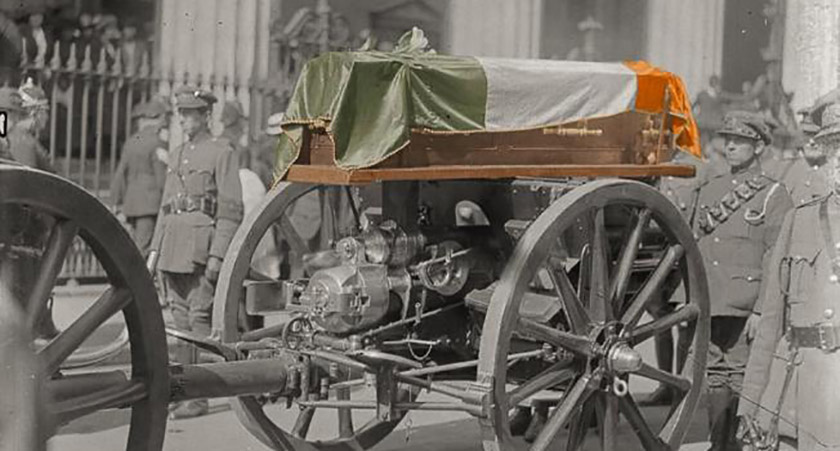TODAY MARKS the 99th anniversary of Michael Collins’ assassination.
The revolutionary was the very first Chairman of the Provisional Government of the Irish Free State, and he kept the title until his untimely death by ambush on the 22nd of August, 1922.
Collins fought in the Easter Rising and spent time as a prisoner of war, and upon his release began rising in the ranks of Irish government while also strategising Irish movements during the war of Independence.

Collins also negotiated the treaty with Britain which granted Ireland a ‘Free State’ status, but which was controversial due to the condition of Ireland still swearing allegiance to the British Crown. Mr Collins viewed the treaty as offering “freedom to achieve freedom”, but disagreements eventually led to the Irish civil war—the war which resulted in his death.
“The Big Fellow” grew up in County Cork as the youngest of eight children. A respected member in the Irish Republican Brotherhood, he spent time as a civil servant in London and New York before coming home to fight for his country in the Easter Rising in 1916.
His arrest after the rebellion led to him being identified as a person who should be treated harshly, with the possibility of execution—but by a pure stroke of luck, he was accidentally transferred to Frongoch prison, where he remained as a Prisoner of War for several months before his release.
Collins masterminded Eamon DeValera’s own escape from England’s Lincoln Prison, allowing DeValera to become Ireland’s first ‘Prime Minister’. Had the rebel not been accidentally transferred, Irish history would be very different indeed.

But despite Collins’ bravery, passion and love for his country, he lost his life while travelling to his hometown of Cork on this day in 1922.
Many of his’ trusted advisors warned him that to travel during the civil war was dangerous, as Cork was a stronghold for anti-treaty soldiers, but the Treaty leader insisted that he wouldn’t be killed in his own country.
As the convoy passed through the isolated crossroads of Béal na Bláth, they stopped to ask a question of a man standing by the roadside. This man turned out to be a sentry placed there by anti-treaty soldiers, and he recognised Mr Collins amongst the convoy.
The word was spread, and an ambush was organised for Mr Collins on the hopes that he would again pass through Béal na Bláth.
As Collins passed through a second time, open fire from rifles indicated the ambush had begun.
Rather than speed away, he chose to stand and fight, and he was struck by a bullet in the head by a man who had been a former Sniper for the British Army.
He died instantly.
Collins was brought back to his hometown, through road blockages and muddy fields, and at times carried by members of his convoy. His body was eventually laid to rest in City Hall by Dublin Castle.
 (Picture: John O'Byrne)
(Picture: John O'Byrne)The principal figure in the fight for Irish independence is still widely regarded as a hero by millions across the country, and the day always brings with it a flood of tributes for the Cork man.
** Originally Published on 22 Aug 2020

